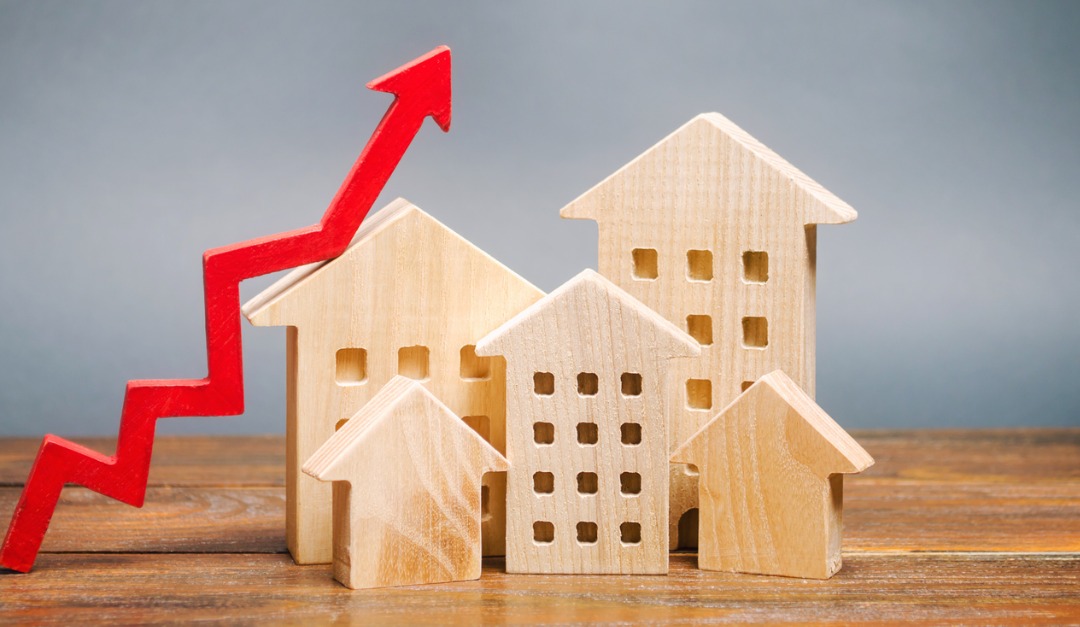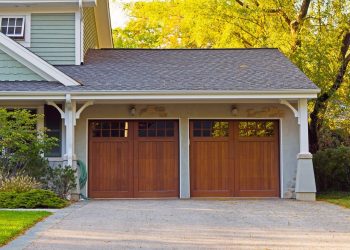If you plan to sell your house, you may be focused on getting as much money as possible to purchase a larger home or to save money for retirement or your children’s college education. Be careful not to make the mistake of setting your list price too high.
You Could Miss Out on Potential Buyers
People who are interested in buying a house often begin their search by entering a desired price range on a real estate website. If you set your asking price too high, your house might not show up in search results.
Your Home Could Linger on the Market
If your house didn’t sell early, you would have to lower the asking price. Since real estate markets are in a constant state of flux, you might have to reduce your price several times to find a price that matched the market conditions at that time. It could also become harder to attract a buyer, since people often assume that houses that are slow to sell have significant problems and won’t even consider them.
While your house sat on the market without attracting a buyer, you would have to continue to pay for the mortgage, taxes, homeowners insurance, utilities and maintenance. You would also have to keep your home clean at all times, for months on end, in case someone wanted to view it.
Lenders issue mortgages based on appraised value, not sale price. If someone agreed to your asking price but the appraised value was lower, the prospective buyer might be unable to get a mortgage. If the contract included an appraisal contingency, the person could walk away and you’d be back to square one.
How to Choose the Right Agent and List Price
When interviewing real estate agents, it can be tempting to choose one who recommends setting a high asking price for your home, especially if other agents advised you to set the price significantly lower. The agent who suggested a higher price might be right about your home’s value, but it’s also possible that the agent is telling you what you want to hear to get you to sign on as a client or has less experience selling homes in your city than the other agents you interviewed.
To set a reasonable list price, an agent should look at the sale prices for comparable properties in the area and consider any significant differences between them. The agent must also understand the local real estate market, the number of homes currently for sale and any recent changes in the local market that could affect your home’s ability to sell.
Setting your home’s list price too low wouldn’t be a problem. In fact, that could be a better strategy since it would attract potential buyers and could result in a bidding war that would drive up the final price.











